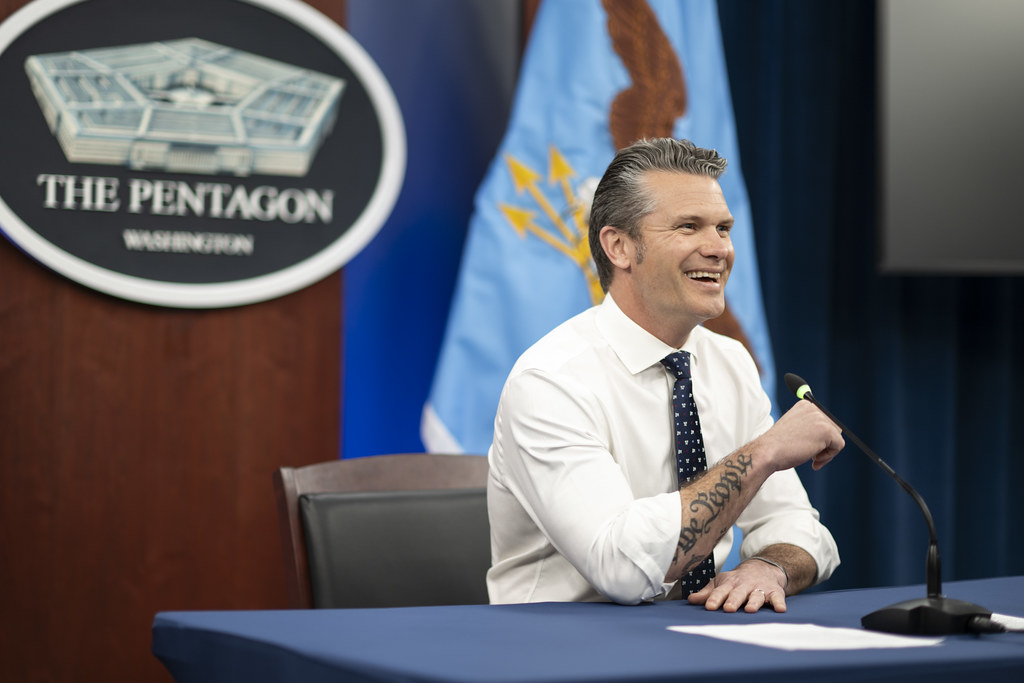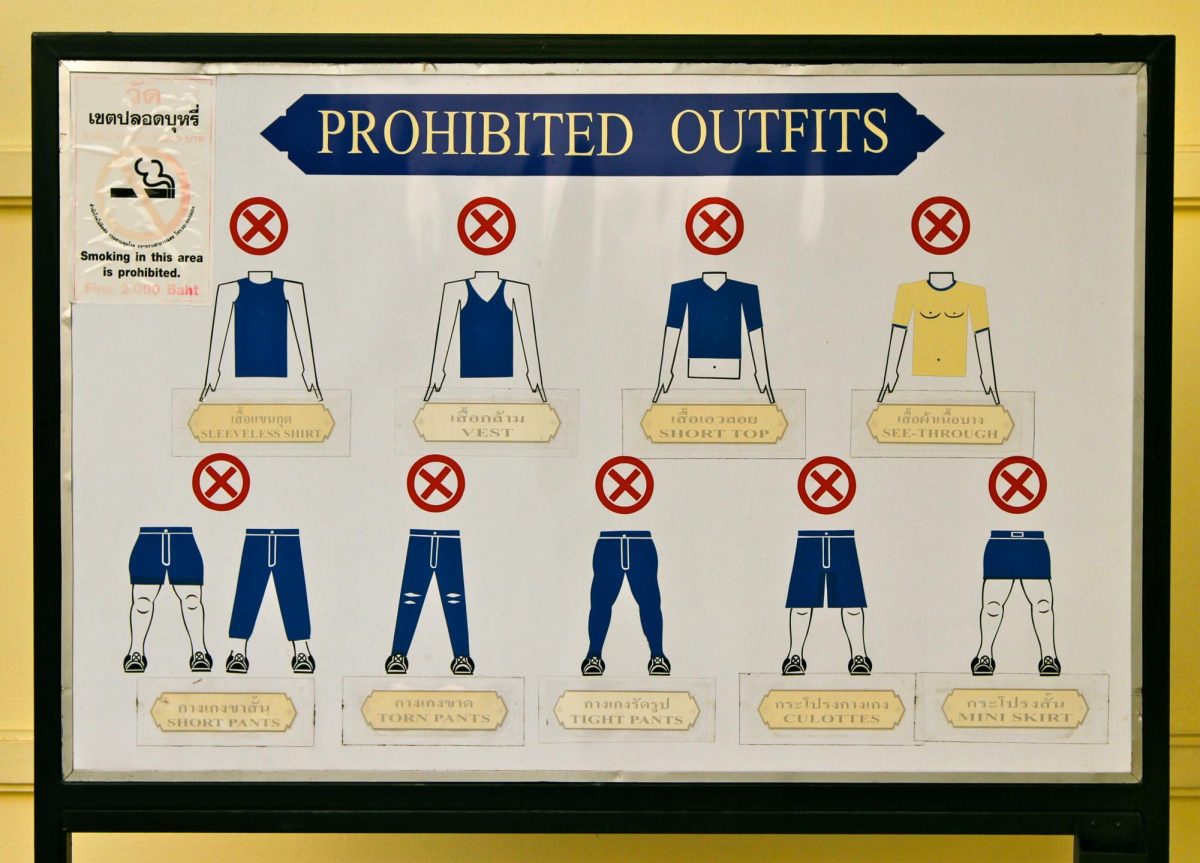In matters of national defense, the greatest threat is not always external. Oftentimes, it comes from within–from the quiet erosion of protocol by those trusted to uphold it.
When it was first reported that Pete Hegseth, the Secretary of Defense, had shared sensitive military details in a Signal group chat, which inadvertently included the editor-in-chief of The Atlantic, the administration shrugged it off as an isolated lapse in judgment. However, with the emergence of a second Signal thread including his wife, brother, personal lawyer, and a handful of political loyalists, that excuse was rendered invalid.
The group chat, named Defense | Team Huddle, certainly sounded informal, yet its content suggested otherwise. According to The Washington Post, Hegseth used the encrypted messaging app Signal on his personal device to share operational information with individuals not formally part of the defense chain of command. The information included on the thread detailed forthcoming strikes in Yemen on March 15, according to The New York Times.
Among the group chat’s participants were Hegseth’s brother, a senior adviser at the Department of Homeland Security, and his personal attorney, who was recently appointed to the Navy’s Judge Advocate General’s Corps. While both hold government roles, neither are directly responsible for military planning or oversight. Therefore, their inclusion in discussions reportedly involving F/A-18 flight schedules, as CNN noted, was unnecessary and innappropriate. The decision to include them in the chat only illustrates a model of access shaped by personal trust and relationships rather than institutional responsibility.
Following The Atlantic‘s report of the first Signal chat, official statements from Hegseth and other senior administration officials emphasize that the information shared was not classified. However, as noted by The New York Times, leaking information about “launch times and the type of aircraft being employed before a strike…could have jeopardized pilots’ lives.”
The deeper concern is about what this episode reveals about broader norms of military oversight. When officials bypass formal channels and use casual communication—even if encrypted—it becomes harder to draw the line between professionalism and personal impulse. What appears informal in style may, in practice, become informal in substance. And that shift, once normalized, is difficult to reverse.
Within the Pentagon, recent resignations and firings have added another layer of complexity. As reported by Defense One, several senior aides were dismissed in the weeks following the first leak, and former acting press secretary John Ullyot has publicly described a work environment characterized by confusion and instability. If anything, these departures prove that leadership ranks are under significant strain.
Calls for resignation have grown louder, but the core issue extends beyond personnel. The real challenge is defining and defending the norms that guide access to military information in the digital age. How are decisions logged and reviewed? Who is present at the table—and who has earned that seat?
If there is a lesson here, it is not about encryption or error. It is about culture. When discretion gives way to convenience, and protocol to personal judgment, what emerges isn’t just risk—it’s repetition.














